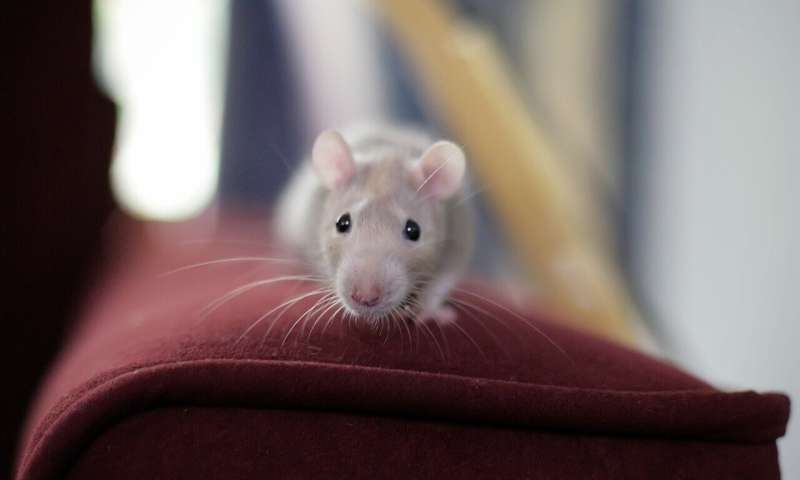60 minutes of endurance training is enough to shift body clock in mice

New research published today in the Journal of Physiology shows that just one 60 minutes bout of exercise shifted the muscle clocks of mice by around an hour in either direction. If this research is replicated in humans, it makes a case for prescribing exercise for night-shift workers and for treating diseases like heart disease, both of which can result in disrupted clocks throughout the body.
Clocks exist in virtually all our cells to temporally coordinate cell specific functions. The setting of our clocks are sensitive to cues like changes in light throughout the day, or our time of eating. Researchers at the University of Florida found that the clocks in muscles of mice were "listening" to information from their muscle contractions during exercise.
This means that exercise is a cue for setting the clocks in muscles. The researchers determined this by studying mice that ran in different phases of the day: in the middle of their rest phase, an hour before starting their active phase, and in the middle of their active phase. Active and rest phases in mice are equivalent to day and night in humans. They then looked at how the amount of a primary clock protein changed over the course of multiple days following muscle contractions. Their results showed that depending on the timing of contractions the clocks shifted about an hour to either an earlier or later time and that this does not require circulating hormones or the central clock.
In other words, the timing of exercise during the day, can rewind or fast forward our muscle body clocks, so fine-tuning this could allow precise treatment of conditions where the body clocks either is running ahead or behind.
Researchers carried this research out in mice rather than humans as it would require multiple muscle biopsies, which are invasive procedures. Although this research has been done in mice thus far, it can be taken forward in patients without the need for clinical trials, as it calls for a prescription of exercise timing for certain conditions, such as heart disease.
Christopher Wolff, a co-first author on the study said:
"This research is really important because it highlights the effect exercise can have on our body clocks. If this is replicated in humans it means that night-shift workers can use exercise to help shift their body clocks. We may also be able to use exercise as a treatment for a 'body clock disorders' that can occur in many chronic diseases such as heart disease."
More information: Denise Kemler et al, Time of day dependent effects of contractile activity on the phase of the skeletal muscle clock, The Journal of Physiology (2020). DOI: 10.1113/JP279779



















